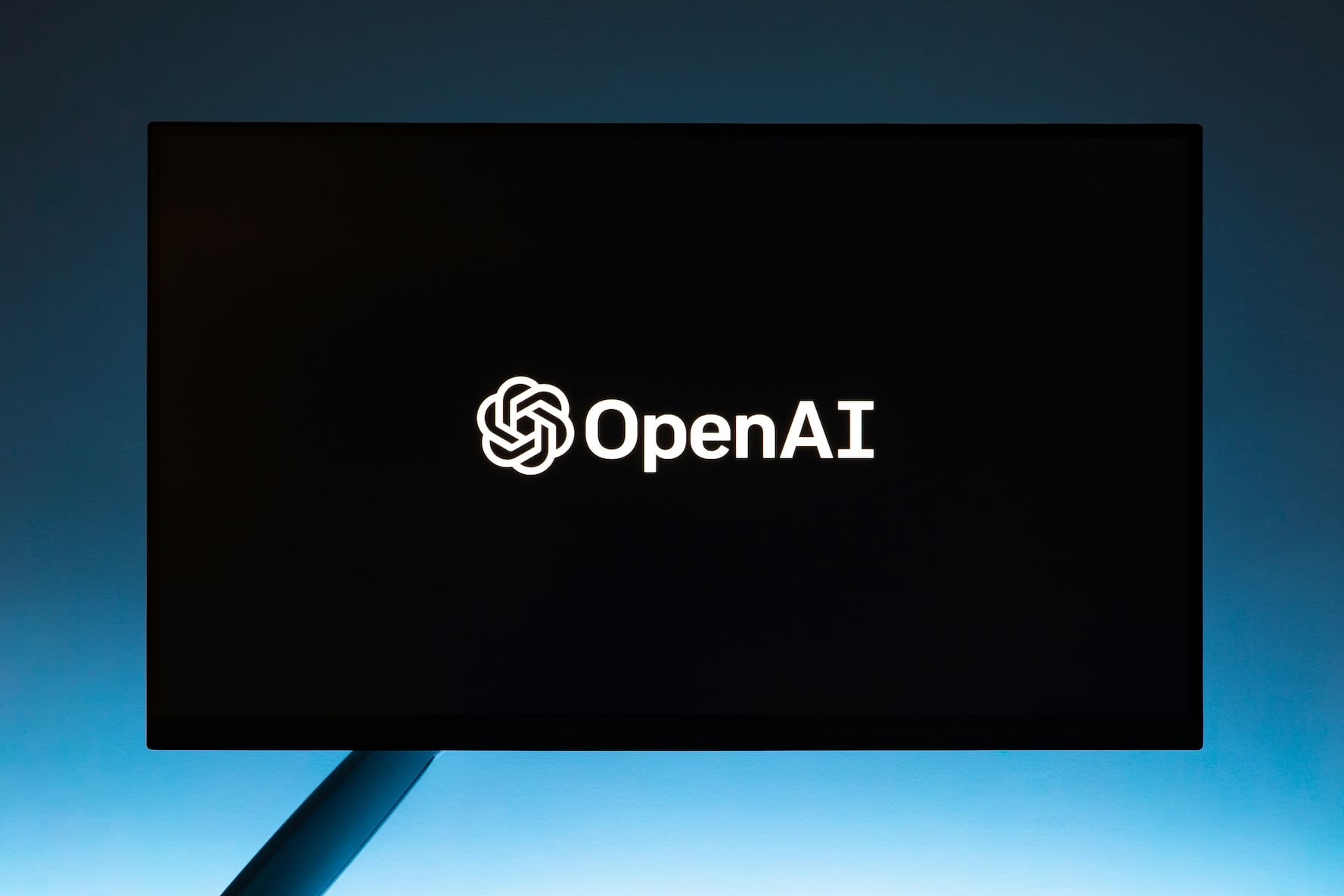OpenAI, the company behind the popular chatbot ChatGPT, has announced its transition to a for-profit company, raising concerns among both its investors and the tech industry. This transformation represents a significant departure from the organization’s initial ideals, which was founded in 2015 as a non-profit foundation dedicated to the collaborative development of artificial intelligence for the benefit of humanity. With this change, OpenAI aims to attract more investments and ensure its growth in an increasingly competitive sector.
A shift redefining the mission
The announcement coincides with the departure of three key executives: Mira Murati, Chief Technology Officer; Bob McGrew, Chief Revenue Officer; and Barret Zoph, Vice President of Research. These resignations have sparked a debate on whether OpenAI will now prioritize economic gain over the ethics and safety of its advancements in artificial intelligence. The departure of these leaders, who played a central role in the company’s development, raises questions about the company’s future.
OpenAI, which initially aimed to develop an “advanced digital intelligence” without the pressure of generating income for investors, has now decided to integrate into a previously inactive for-profit subsidiary. This decision allows the company to secure additional funding, attracting venture capital funds that reportedly value OpenAI at $150 billion. Additionally, CEO Sam Altman will receive a 7% stake in the company, equivalent to approximately $10.5 billion, solidifying his position among the world’s richest.
A bubble risk?
OpenAI’s decision to become a for-profit company comes at a time of market excitement about artificial intelligence, leading tech companies to reach record highs in the stock market. This phenomenon, known as FOMO (fear of missing out), has raised concerns of potential bubbles similar to the dot-com bubble of 2000.
Ander Michelena, founder of Acurio Ventures, notes that artificial intelligence has reached a “peak of excitement,” and a drop in valuations is likely before the most successful technologies begin to consolidate. Michelena warns that “this won’t happen in two years, but in the medium term,” and believes that the market is overestimating the expectations of the revenues AI will generate in the short term.
For example, despite the popularity of ChatGPT, its revenue is estimated at only $200 million, a figure that does not justify the current multi-billion-dollar valuations in the artificial intelligence sector.
Conflicting priorities: ethics vs. profit
OpenAI’s change has raised concerns about how the new structure will impact the security and ethical use of artificial intelligence. Some critics, like Hyoun Park, CEO of Amalgam Insights, believe that OpenAI has strayed from its original goals of trust and security. As a result, companies like Anthropic and Cohere, which still focus on governance and ethics, could become more appealing options for investors prioritizing social responsibility and transparency in technology.
A spokesperson for OpenAI, however, has assured that the company remains committed to its mission of building artificial intelligence that benefits all. Nevertheless, the company’s restructuring and the departure of key figures have fueled skepticism about whether OpenAI will be able to maintain that altruistic focus.
An opportunity for growth in uncertain times
Despite concerns, OpenAI seems well positioned to capitalize on the growing interest in artificial intelligence. The company, valued at over $100 billion, has a considerable margin to compete with giants like Microsoft and Salesforce in offering AI-driven enterprise solutions. Furthermore, diversifying its business model, along with partnerships with tech giants like Apple and Nvidia, could help solidify its presence in the market.
With its shift towards a profit-driven approach, OpenAI can now attract tech industry veterans to help transform its artificial intelligence models into commercial products and solutions for large companies and governments.
Conclusion
OpenAI’s turn towards profit marks a turning point for the company, which had been a key player in the ethical development of artificial intelligence. While the company’s future seems promising from a commercial standpoint, the departure of key figures and a shift in goals could impact its reputation in the field of ethics and AI governance. As with the dot-com bubble, time will tell if this transformation results in successful consolidation or a reevaluation of expectations in the artificial intelligence market.

